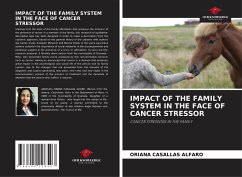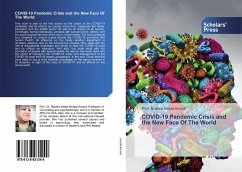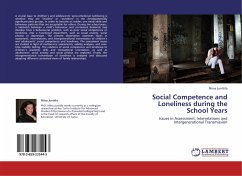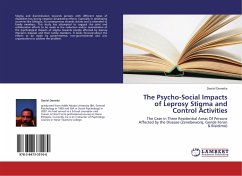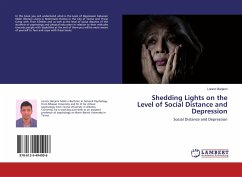
The Social Face of Pain
Contextual Effects on Pain Expression
Versandkostenfrei!
Versandfertig in 6-10 Tagen
51,99 €
inkl. MwSt.

PAYBACK Punkte
26 °P sammeln!
Pain is a virtually universal experience, yet understanding another person's pain poses great challenges. Because pain is subjective, much of what can be determined about a person's pain is based on what the individual verbally or nonverbally communicates. Therefore, it is useful to consider the task of pain assessment from a communications perspective; the individual attempting to understand another's pain is an observer who only has access to the sufferer's expression of pain. Facial expressions can be used as clues to understanding pain but they are subject to many influences. Social contex...
Pain is a virtually universal experience, yet understanding another person's pain poses great challenges. Because pain is subjective, much of what can be determined about a person's pain is based on what the individual verbally or nonverbally communicates. Therefore, it is useful to consider the task of pain assessment from a communications perspective; the individual attempting to understand another's pain is an observer who only has access to the sufferer's expression of pain. Facial expressions can be used as clues to understanding pain but they are subject to many influences. Social context has an impact on communications, as pain assessment is often undertaken in the presence of others (e.g., medical staff, visitors, and other patients). This book describes research showing how facial expressions of pain can be influenced by social context. Consideration of factors that influence patients' expression and health care providers' interpretations of pain could lead to improved pain assessment and management practices. This book is relevant for those in the health care profession or anyone who is interested in learning more about how people communicate pain.







